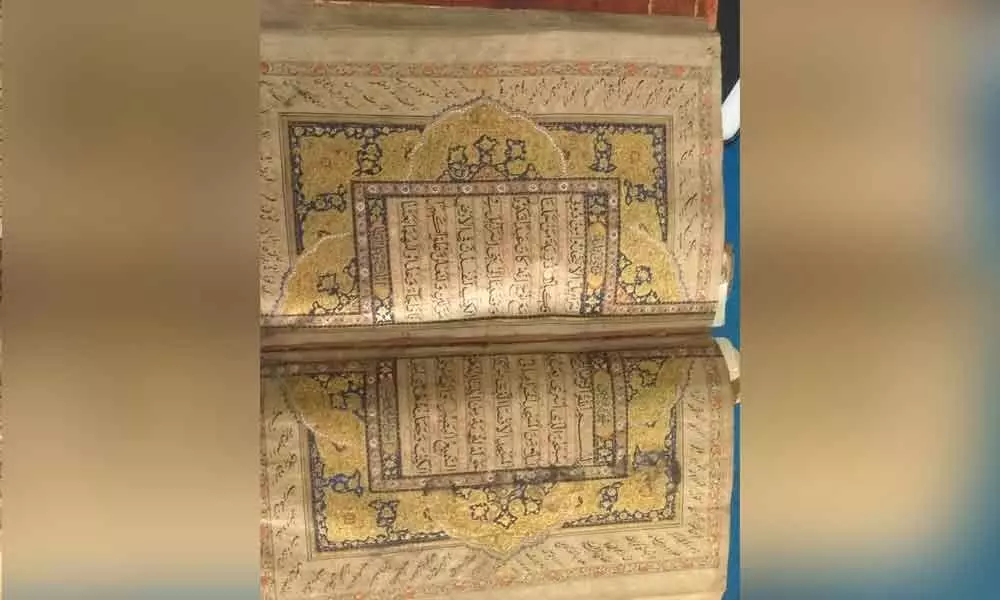Live
- Air India Express row: 'Company leadership available for discussions', CEO says in letter to employees
- 'When will Shiv Sena-UBT merge with Congress', asks BJP & Shinde camp
- RBI lifts ban on Bank of Baroda's BoB World
- Youth should come forward for blood donation: District Medical Officer Dr. Sudhakar Lal
- Grand Farewell Day Celebrations in Government Degree College
- PM Modi holds roadshow in Vijayawada with Chandrababu Naidu, Pawan Kalyan
- Farmers should be alerted: District Collector Uday Kumar
- 95 more Myanmar refugees enter Mizoram to avoid 'forceful' induction in militant outfit
- Punish Congress for Pitroda's 'racial' comments: PM Modi
- RML Hospital bribery case: CBI books over 15 including 2 doctors









